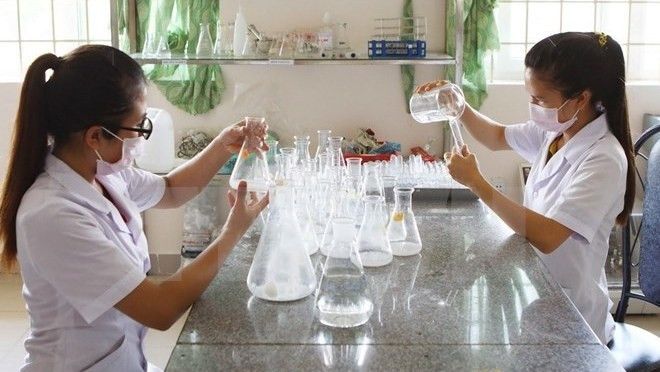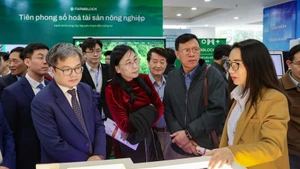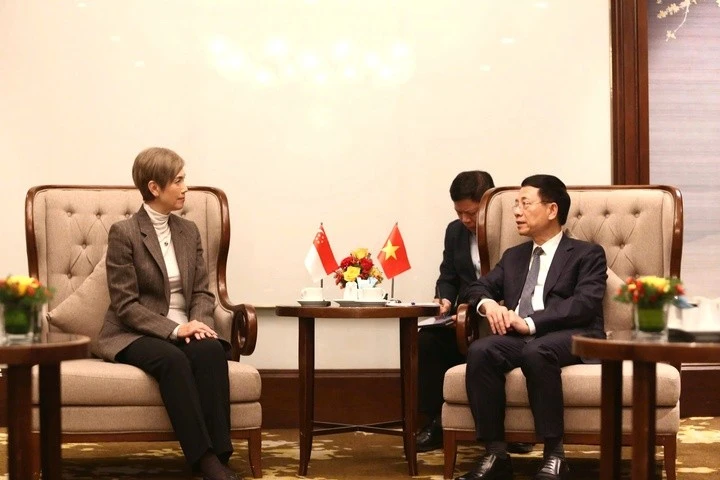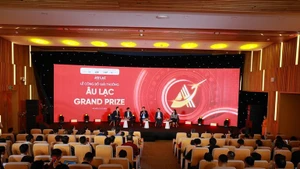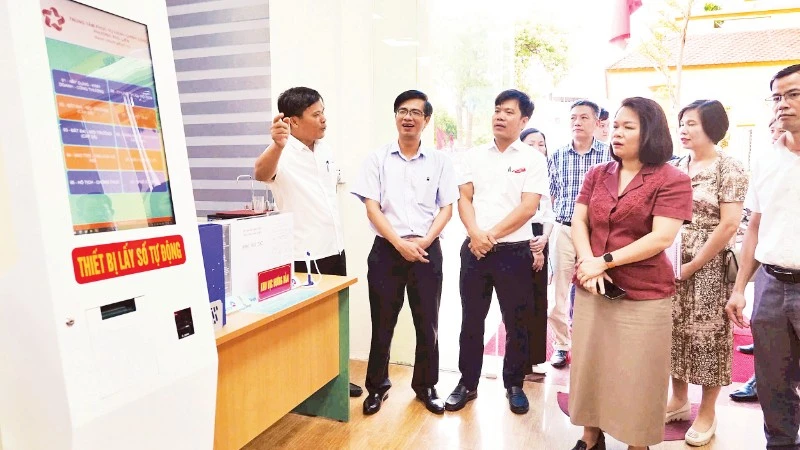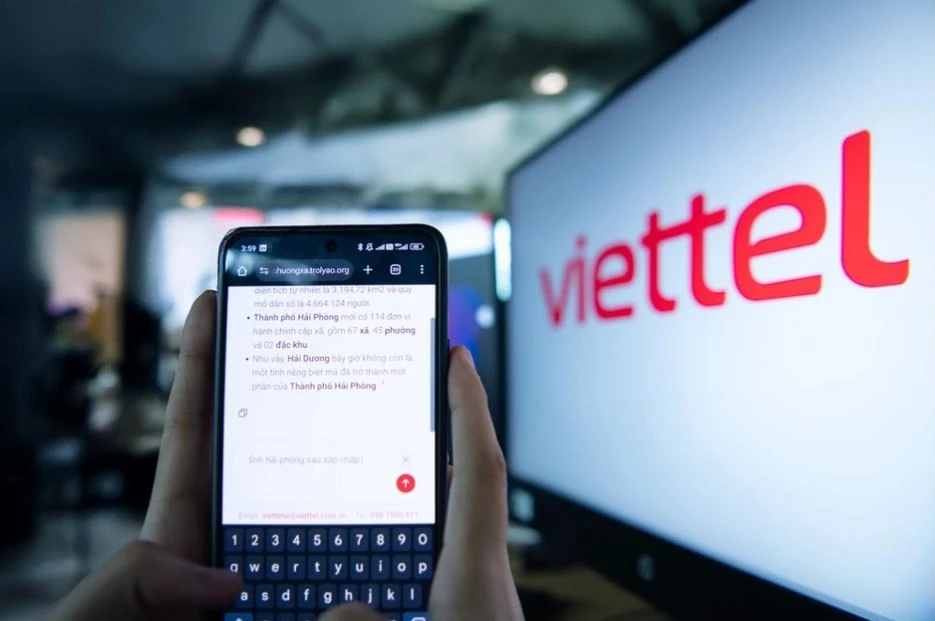The project uses non-refundable aid of over US$12.5 million received from the United Nations Development Programme (UNDP) via the Global Environmental Fund (GEF).
The four-year project is be implemented in Hanoi and the northern mountainous province of Lao Cai, aiming to sustainably preserve and utilise bio-diversity in Vietnam via increasing the nation’s competency in implementing the protocol.
As a party to the multilateral treaty since March 17, 2014, Vietnam has set and followed blueprints to achieve its sustainable goals by 2020.
As such, the country is scheduled to issue sufficient legal frameworks for accessing genetic resources and fairly and equitably sharing benefits arising from their utilisation (ABS) by 2017, establish an ABS model in 2018, and complete a national data system on genetic resources in 2020.
In recent years, the Ministry of Natural Resources and Environment has focused on information summation and international co-operation exchanges on the matter.
Vietnam issued the Law on Bio-Diversity in 2008 and a relevant guidance decree in 2010.
